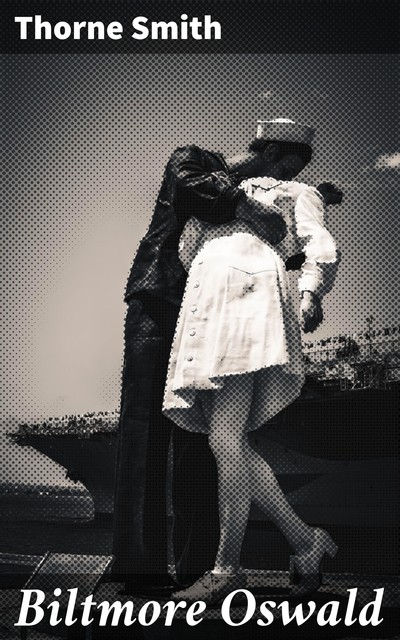In “Biltmore Oswald,” Thorne Smith crafts a satirical romp through the life of an inept but endearing protagonist, Oswald Biltmore, who navigates the chaotic waters of society with a blend of slapstick humor and sharp wit. Adopting a playful narrative style, Smith employs a conversational tone punctuated by absurdity, inviting readers into a world where the boundaries of reality are stretched. Set against the backdrop of the 1920s, the novel employs elements of fantasy and irreverent social commentary, reflecting the cultural shifts of the Jazz Age and the emergence of the modern American novel, as it critiques the superficialities of contemporary life. Thorne Smith, renowned for his contributions to comedic literature, drew from a rich tapestry of personal experiences in crafting this work. Best known for his previous success with “Topper,” Smith's unique perspective as a social observer and his penchant for the satirical likely influenced the creation of Biltmore Oswald. His compelling ability to blend the fantastical with the mundane positions Smith as a precursor to the magical realism that would later emerge in literary circles. Readers seeking a light-hearted exploration of flawed humanity and societal absurdities will find “Biltmore Oswald” an engaging and thought-provoking read. With its effective humor and insightful critique, this novel remains a delightful testament to Thorne Smith's literary legacy and a worthy addition to the canon of early 20th-century American literature.


